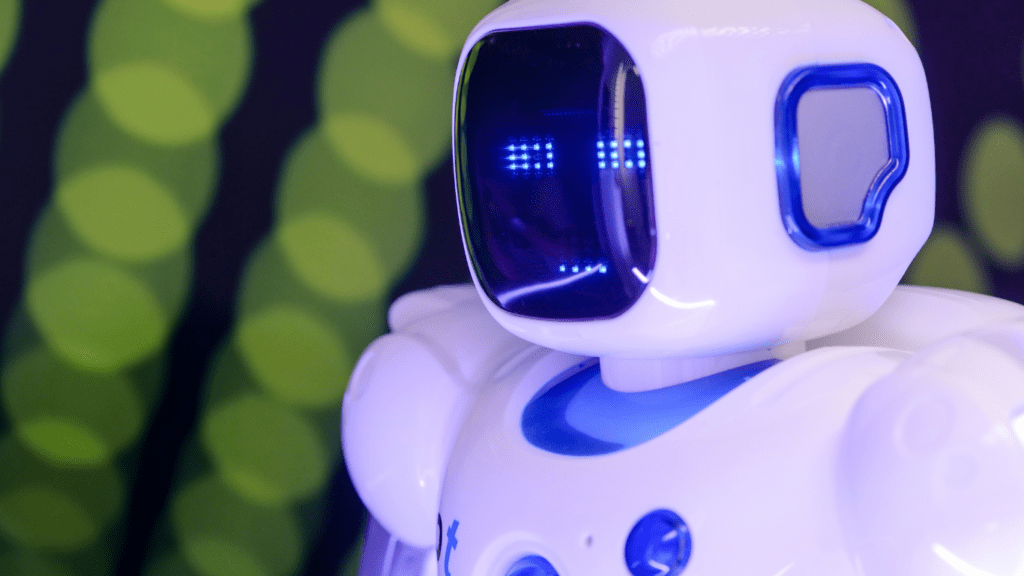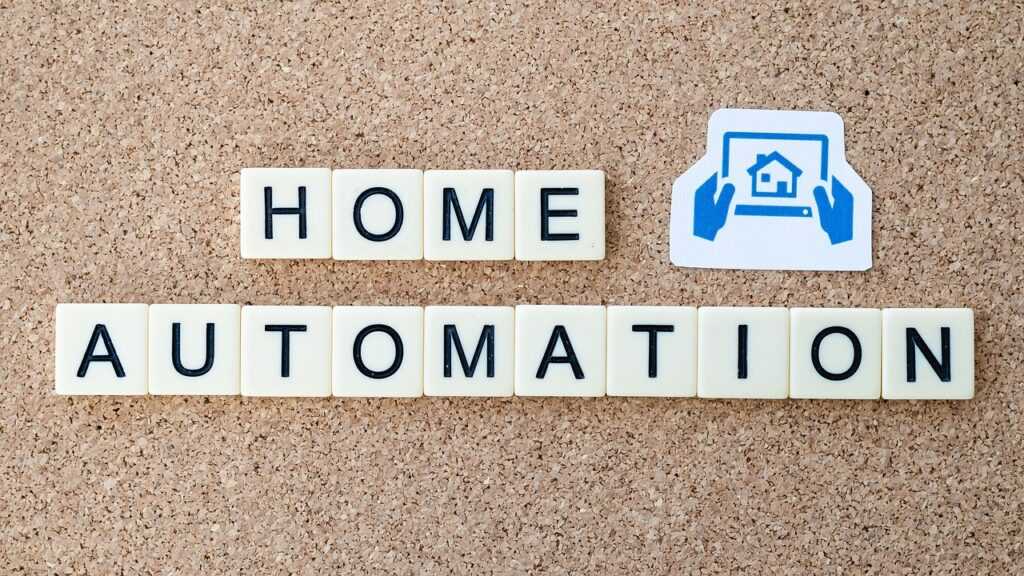As a tech enthusiast, I’ve always been fascinated by the seamless integration of artificial intelligence into our daily lives. When it comes to transforming a regular home into a smart one, the role of AI assistants is becoming increasingly vital. From controlling the lights to adjusting the thermostat, AI assistants like Alexa and Google Assistant have revolutionized the way we interact with our living spaces.
In this article, I’ll delve into the benefits and considerations of integrating AI assistants into your smart home ecosystem. Whether you’re a tech-savvy homeowner looking to streamline your daily routines or someone curious about the future of home automation, understanding how AI assistants can enhance your living experience is key. Join me as we explore the endless possibilities that AI brings to the modern home.
Understanding AI Assistants in Smart Homes
As I delve into the realm of AI assistants within smart homes, it’s essential to grasp their pivotal role in streamlining and enhancing our daily living experiences. With AI assistants like Alexa and Google Assistant becoming mainstays in modern households, the landscape of home automation has undergone a significant transformation.
- Voice Commands: AI assistants empower users to control various devices and systems within their homes using simple voice commands. From adjusting the thermostat to turning on lights or playing music, the convenience and efficiency offered by voice-activated controls are unparalleled.
- Interconnectivity: AI assistants serve as the central hub for interconnectivity among smart devices. They enable seamless communication and integration between disparate systems, fostering a cohesive smart home ecosystem where devices work in harmony.
- Personalization: Through machine learning algorithms, AI assistants learn and adapt to users’ preferences and behaviors over time. This personalized touch enhances user experience by tailoring responses and actions to individual needs, making interactions more intuitive and efficient.
- Automation: One of the hallmark features of AI assistants in smart homes is automation. By setting up routines and schedules, users can automate tasks such as adjusting lighting based on time of day or temperature, creating a more efficient and comfortable living environment.
Understanding the multifaceted capabilities of AI assistants in smart homes is crucial for harnessing their full potential in revolutionizing how we interact with and manage our living spaces.
Benefits of Integrating AI Assistants
Integrating AI assistants into your smart home ecosystem offers a range of benefits that enhance your daily living experience.
Automation and Convenience
With AI assistants seamlessly integrated into your smart home, tasks such as adjusting the thermostat, turning on/off lights, and even preparing your morning coffee can be automated through simple voice commands. This automation not only saves time but also adds convenience to your daily routine, allowing you to focus on more important activities without the hassle of manual control.
Enhanced Home Security
AI assistants play a crucial role in enhancing home security by providing real-time monitoring of your property through connected smart devices such as cameras and sensors. With the ability to set up alerts for unusual activities or potential security breaches, AI assistants keep your home safe and give you peace of mind whether you’re at home or away.
Popular AI Assistant Options for Smart Homes
When it comes to integrating AI assistants into your smart home ecosystem, you have a variety of popular options to choose from. Let’s explore some of the leading AI assistants available for creating a smart living space:
Alexa
Alexa, developed by Amazon, is a widely recognized AI assistant known for its compatibility with a vast range of smart home devices. Its voice command capabilities allow you to control lights, thermostats, security cameras, and more with simple verbal instructions. Alexa’s expanding skills and routines make it a versatile choice for enhancing the automation and convenience of your smart home setup.
Factors to Consider Before Integrating AI Assistants

When considering integrating AI assistants into your smart home ecosystem, there are several key factors to keep in mind to ensure a seamless and efficient setup. Here are some important considerations:
- Compatibility with Existing Devices: Ensure that the AI assistant you choose is compatible with the devices you already have in your smart home. Compatibility issues can lead to limitations in controlling your smart devices efficiently.
- Privacy and Data Security: Prioritize privacy and data security when integrating AI assistants. Understand how your data is stored, used, and protected by the AI assistant platform to safeguard your personal information.
- Customization and Personalization: Look for AI assistants that offer customization options to tailor the smart home experience to your preferences. Personalization features can enhance usability and make interactions more intuitive.
- Expandability and Future Updates: Consider the expandability of the AI assistant ecosystem and how easily it can adapt to future updates and advancements in smart home technology. Opt for a platform that is continuously improving and adding new features.
- Voice Recognition Accuracy: Evaluate the voice recognition capabilities of the AI assistant to ensure accurate and reliable performance. A high level of accuracy is essential for seamless voice commands and interactions.
- Integration with Third-Party Services: Check if the AI assistant integrates well with third-party services and applications that you use regularly. This integration can enhance the overall functionality and utility of your smart home ecosystem.
- Technical Support and Customer Service: Assess the technical support and customer service options provided by the AI assistant’s manufacturer. Reliable support ensures that any issues or concerns can be addressed promptly for uninterrupted smart home functionality.
Considering these factors before integrating AI assistants into your smart home ecosystem can help you make informed decisions and create a connected living space that meets your needs and preferences seamlessly.
Challenges of Incorporating AI Assistants
When integrating AI assistants into your smart home ecosystem, there are several challenges that may arise. I’ll outline some of the key hurdles you might encounter and how to navigate them effectively.
- Compatibility Concerns: One major challenge is ensuring that your existing smart devices are compatible with the AI assistant you choose. For example, not all devices work seamlessly with every assistant, so you may need to do some research or invest in new devices for full integration.
- Privacy and Security Risks: Another critical challenge is the potential privacy and data security risks associated with AI assistants. As these devices constantly listen for commands, there is a concern about the data they collect and how it’s used. It’s essential to understand the privacy policies of the AI assistant provider and take necessary steps to secure your data.
- Customization Limitations: Depending on the AI assistant, you may face limitations in customizing certain settings or preferences. This can affect the personalized experience you aim to achieve in your smart home. Be prepared to adapt to the customization options available or explore workarounds to meet your needs.
- Expandability Issues: As your smart home ecosystem grows, you may encounter challenges in expanding the capabilities of your AI assistant to accommodate new devices or functionalities. It’s crucial to consider the scalability of the assistant and its ability to integrate seamlessly with future additions to your smart home setup.
- Voice Recognition Accuracy: Achieving accurate voice recognition can be a challenge, especially in environments with background noise or accents. Fine-tuning the AI assistant to recognize your voice commands correctly may require some effort initially but can improve the overall user experience.
- Integration with Third-Party Services: Some AI assistants may have limitations in integrating with certain third-party services or applications. If you rely on specific services for your daily tasks, ensuring compatibility with your chosen assistant is essential to maintain a connected experience across all devices.
- Technical Support and Maintenance: Lastly, ensuring reliable technical support and regular maintenance for your AI assistant is crucial for uninterrupted functionality. Lack of adequate support or updates can lead to performance issues or compatibility issues with other devices in your smart home ecosystem.
By acknowledging these challenges and proactively addressing them, you can overcome potential obstacles and enjoy a seamless integration of AI assistants into your smart home environment.



